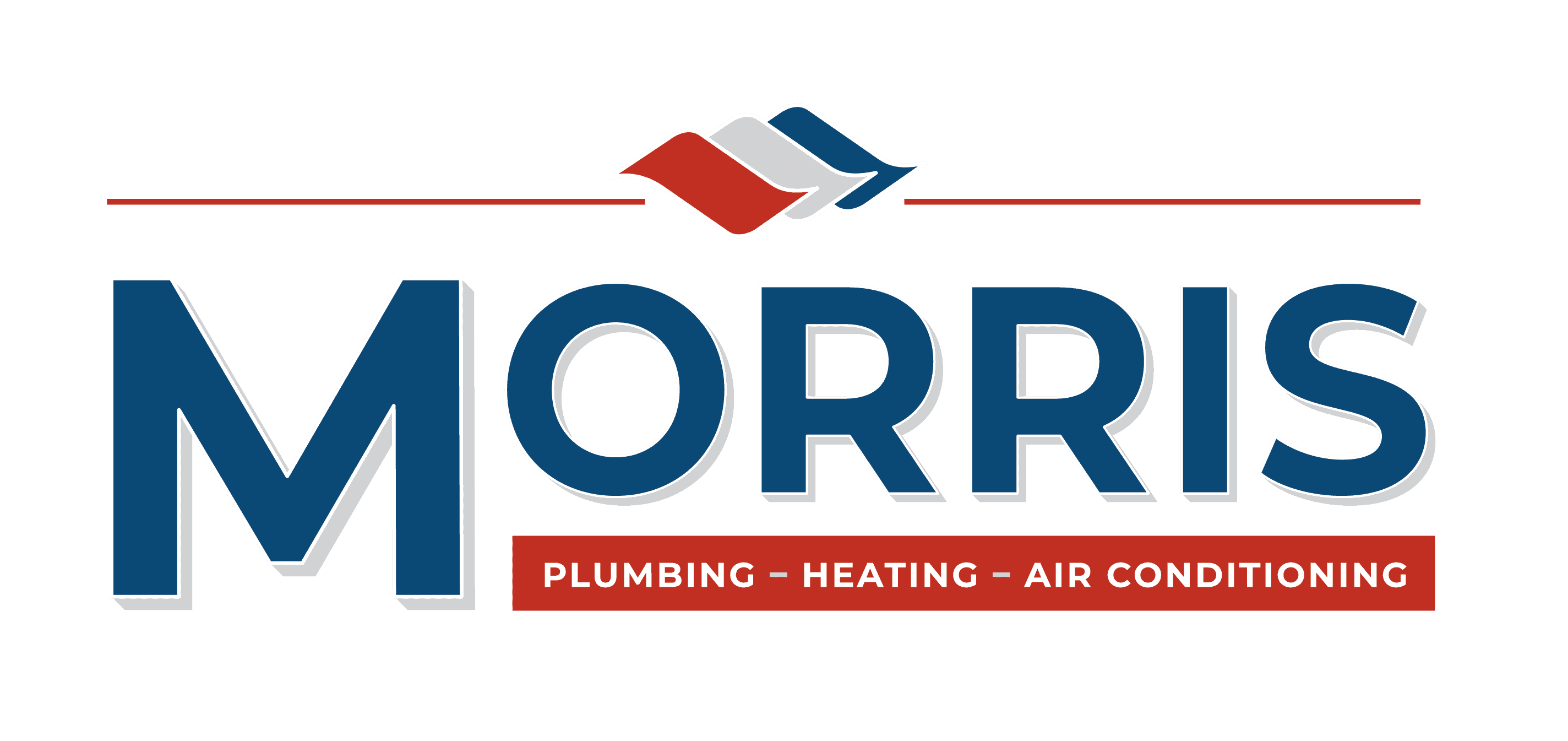If you suffer from allergies like 55% of all Americans do, then you know just how miserable it can be. Add to that the estimates from the Centers for Disease Control that 1 in 5 people suffer from asthma related to indoor allergens, and this becomes a huge problem. What are these indoor pollutants and how can families improve their indoor air environment?
The first step to dealing with indoor pollutants and the asthma that may be triggered by them, is to find out what is causing the allergic reaction. Allergy specialists point out that there are a number of indoor allergens such as: pollen that has entered the home, dust mites, dust particles, mildew, smoke, perfumes, pet dander, or cleaning products. After determining what the allergen is via an allergy test, the goal is to then improve indoor air quality in order to reduce or potentially eliminate allergies and asthmatic reactions. Here are a few steps your family can create an allergy-free and asthma-free zone in your home.
- Reduce Pollen Indoors – Pollen is one of the major allergens as it is released by trees and flowers throughout the spring and summer. Pollen counts are usually highest from 5 AM to 10 AM so avoid open windows during that time. Consider using your air conditioning during times when pollen counts are especially high or when there are ozon or pollution warnings. Modern HVAC units have filters that can work very well at stopping pollen from entering your indoor spaces. If you find pollen building up on your surfaces you may want to keep the air conditioning on regularly.
- Change Filters and Clean Ductwork – If your allergen is dust, cleaning your HVAC system regularly could help immensely. Ask our technicians at Morris Plumbing, Heating & Air Conditioning when your air filters were last changed and when the ductwork was last cleaned. Better yet, ask about our ductless units that can not only save you from having ductwork, but are an excellent option in terms of indoor air quality. Reusable filters last up to 10 years and homeowners can easily clean them as often as they’d like. Click here for a simple video showing you how it’s done! https://youtu.be/6MiaxGpPbKc. Ductless systems also offer advanced multi-stage filtration on all systems to remove contaminants that trigger allergy and asthma systems, spread illness and impact air quality.
- Evaluate your Home – If you or a family member are reacting to household products, perfumes, or wood smoke – clean it all out. Perfumes, aerosols, and wood fires can be detrimental to your health if they are triggering asthma or a reaction. In addition to household products, be sure that all of your gas appliances vent to the outdoors including ovens, dryers and oven hoods.
If you have taken all the precautions to make your home safe from indoor pollutants and want to consider a new or updated air conditioning or heating system, call our Comfort Advisors at (978) 961-0338 or contact us here at Morris Heating & Air Conditioning. We will evaluate your current system and help you make your house cleaner and safer. We have options ranging from simple plug in systems like the Guardian Air, to the Lennox Pure Air system for those customers in need of the top of the line air purification system.


